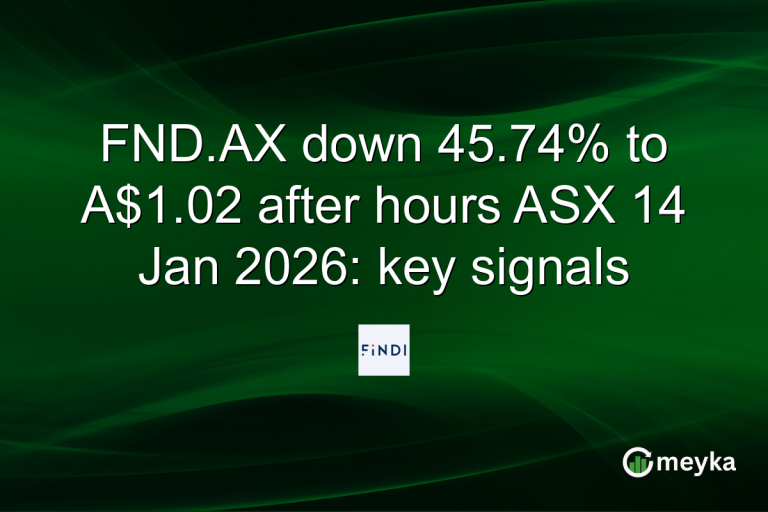Freiburg Industrial Fire News Today: Major Blaze Prompts Insurance and Economic Concerns
A massive industrial fire erupted in Freiburg’s Hochdorf district, wreaking havoc on local businesses and stimulating widespread concern over insurance claims and economic impact. As details unfold, authorities and companies grapple with the fallout and seek answers to pressing legal and financial questions. This incident has brought business continuity planning to the forefront in Germany’s economic landscape.
Impact of the Freiburg Industrial Fire
The recent fire in Freiburg’s industrial zone has left a trail of devastation. Initial reports estimate damage to multiple businesses, paralyzing operations and triggering potential layoffs. Importantly, the economic impact of fire events like this one often extends beyond immediate physical damage. With the destruction of infrastructure, there is potential for long-term economic repercussions, influencing local supply chains and employment rates. The blaze has raised critical concerns regarding business disruption in Germany, especially in a city as economically vibrant as Freiburg. Discussion on online platforms like X often highlights these worries, with users sharing insights and predictions about the city’s recovery path. Bloomberg reports detail continual assessments of the damage by local authorities and private companies.
Insurance Claims and Legal Challenges
As the dust begins to settle, businesses affected by the Freiburg industrial fire are delving into the complexities of insurance claims. Navigating the process can be daunting, with factors like coverage specifics and claim valuations influencing outcomes. Experts warn that discrepancies in policy interpretations could lead to disputes between insurers and claimants. The incident underscores the necessity for companies to thoroughly review their policies to ensure comprehensive protection against such disasters. In the wake of the fire, companies might face significant legal hurdles in obtaining suitable compensation. Articles from CNBC highlight the ongoing challenges firms face in claim settlements, which could delay recovery efforts.
Business Continuity and Planning
The Freiburg fire serves as a stark reminder of the importance of business continuity planning. Companies lacking robust contingency plans may face severe setbacks. This disaster underscores the critical need for businesses to adopt comprehensive strategies that include risk assessments, emergency response initiatives, and recovery protocols. German companies are now more likely to invest in preventive measures and seek expert guidance to mitigate future risks. The fire has not only ignited flames but also a broader dialogue on ensuring resilience in the face of unexpected disruptions. For local businesses, the priority is to expedite recovery while minimizing economic losses.
Final Thoughts
The Freiburg industrial fire has illuminated the vulnerabilities within business structures and insurance frameworks, calling attention to the economic impact on the region. As companies seek to navigate the complexities of insurance claims and recovery, the importance of robust business continuity planning becomes clearer. This incident serves as a catalyst for change, pushing businesses towards greater resilience and preparedness. Moving forward, the lessons learned here will be crucial in shaping policies and strategies to safeguard against future disruptions.
FAQs
The economic impact includes disruption of local businesses, potential job losses, and long-term supply chain issues. This incident highlights vulnerabilities in existing business and economic structures.
Businesses are dealing with complex insurance claim processes, assessing damages, and navigating policy interpretations, which may lead to disputes with insurers over settlements.
Business continuity planning is crucial for minimizing disruption, reducing recovery time, and ensuring companies are better prepared to handle unforeseen disasters and economic setbacks.
Disclaimer:
This is for information only, not financial advice. Always do your research.






